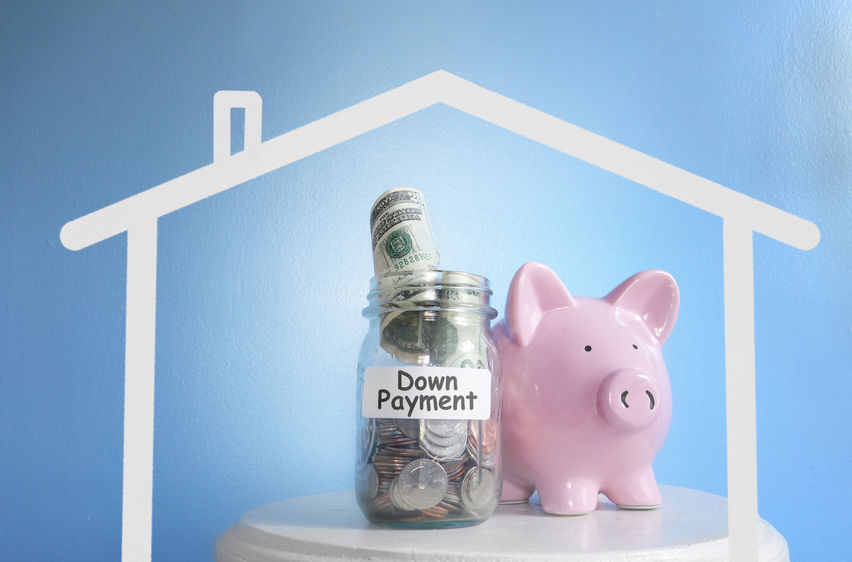
The majority of hard money lenders do require some down payment. How much you need to put down on a hard money loan depends on three factors:
1. The price of a property you are purchasing.
2. The costs of the renovations you are planning to do.
3. The underwriting requirements of a hard money lender you
are working with.
 New Funding Resources
New Funding Resources 









